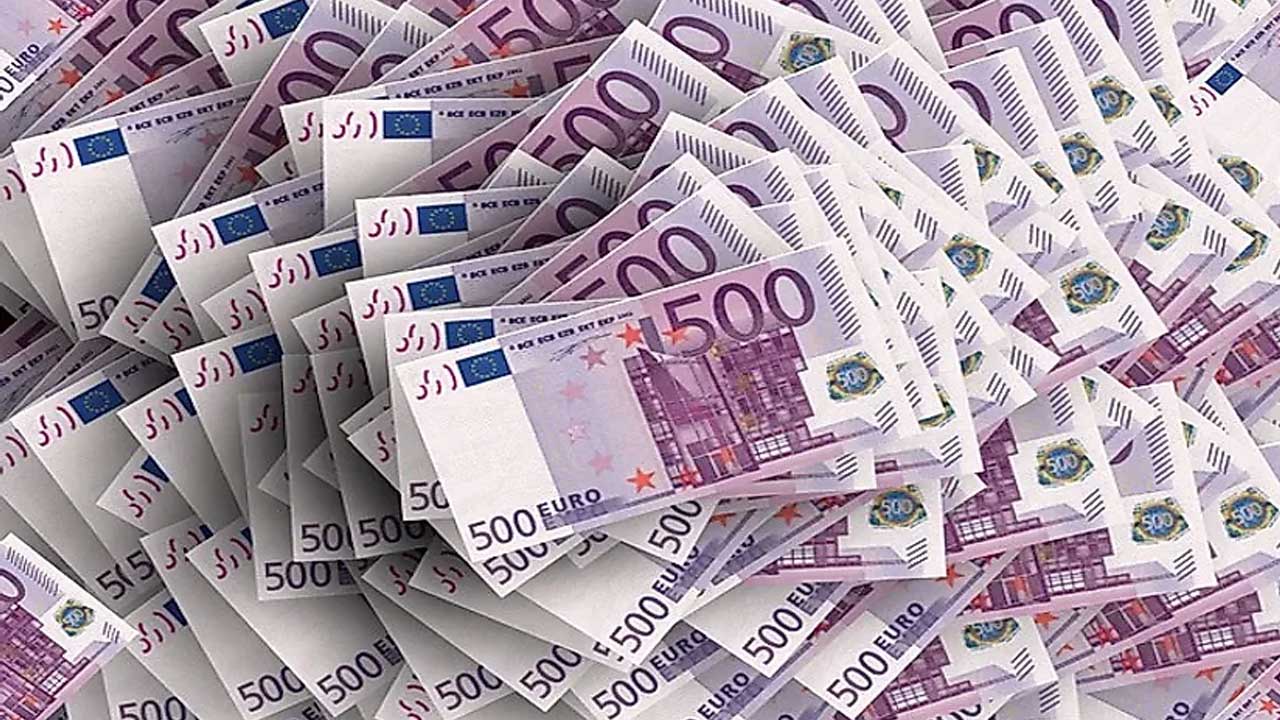Currency exchange rates play a crucial role in international trade, tourism, and financial markets. For individuals and businesses involved in transactions between the euro (EUR) and the Pakistani rupee (PKR), understanding the conversion rate is essential. In this article, we will delve into the dynamics of converting 1 Euro to PKR, exploring factors that influence exchange rates and their implications.
Understanding Exchange Rates
Exchange rates determine the value of one currency in relation to another. They are influenced by various factors, including interest rates, inflation rates, economic stability, geopolitical events, and market sentiments. The interplay of these elements creates a dynamic environment for currency exchange.
1 Euro to PKR Conversion
As of the latest available data (knowledge cutoff: September 2021), the conversion rate of 1 Euro to PKR stood at approximately 195 Pakistani Rupees. However, it’s important to note that exchange rates are subject to constant fluctuations due to the factors mentioned earlier.
Factors Influencing the Euro to PKR Exchange Rate
Interest Rates
Central bank policies and interest rate differentials between countries have a significant impact on exchange rates. Higher interest rates tend to attract foreign investors, leading to increased demand for the respective currency, which may strengthen its value against other currencies.
Inflation Rates
Inflation erodes the purchasing power of a currency. Countries with lower inflation rates generally have stronger currencies. If the European Union (EU) experiences lower inflation compared to Pakistan, the Euro may appreciate against the Pakistani Rupee.
Economic Stability
Economic stability, including factors such as GDP growth, unemployment rates, and fiscal policies, affects exchange rates. A robust and stable economy typically attracts foreign investors, fostering demand for the currency and potentially strengthening its value.
Geopolitical Events
Political stability and geopolitical events can significantly impact exchange rates. Events such as elections, political turmoil, trade disputes, or international conflicts may create uncertainty and volatility in currency markets.
Market Sentiments
Market sentiments and investor confidence play a crucial role in exchange rate movements. Positive economic news, investor optimism, or market speculations can influence currency demand and ultimately impact exchange rates.
Implications for Individuals and Businesses
Fluctuations in the exchange rate between the Euro and Pakistani Rupee have implications for individuals and businesses engaged in cross-border transactions or investments. Let’s consider two scenarios:
Exporters/Importers
For businesses involved in trade between the European Union and Pakistan, exchange rate fluctuations can impact profitability. A stronger Euro benefits Pakistani exporters by increasing their revenue in PKR, while importers in Pakistan may find it more expensive to purchase Euro-denominated goods.
Tourists/Travelers
Exchange rate fluctuations affect the purchasing power of travelers. If the Euro strengthens against the Pakistani Rupee, European tourists will find their money goes further in Pakistan. Conversely, Pakistani travelers to Eurozone countries may experience higher expenses.
Managing Exchange Rate Risk
Given the volatile nature of exchange rates, businesses and individuals can adopt various strategies to manage exchange rate risk:
Hedging
Companies engaged in international trade can use financial instruments such as forward contracts or options to hedge against exchange rate fluctuations, reducing the risk of unexpected losses or gains.
Diversification
Spreading investments across different currencies can minimize exposure to a single exchange rate. This strategy helps balance the risks associated with currency fluctuations.
Monitoring and Planning
Staying informed about economic indicators, political developments, and market sentiments can provide valuable insights for decision-making and planning.
Conclusion
Converting 1 Euro to PKR entails understanding the complex dynamics of exchange rates. Various factors, including interest rates, inflation, economic stability, geopolitical events, and market sentiments, influence the Euro-PKR exchange rate. Individuals and businesses should remain vigilant, employ risk management strategies, and stay informed to navigate the challenges and opportunities presented by currency fluctuations.
